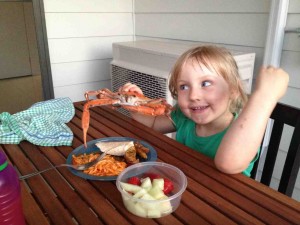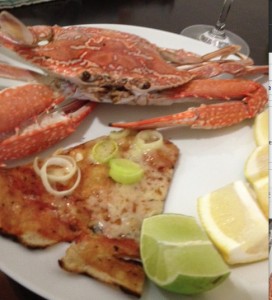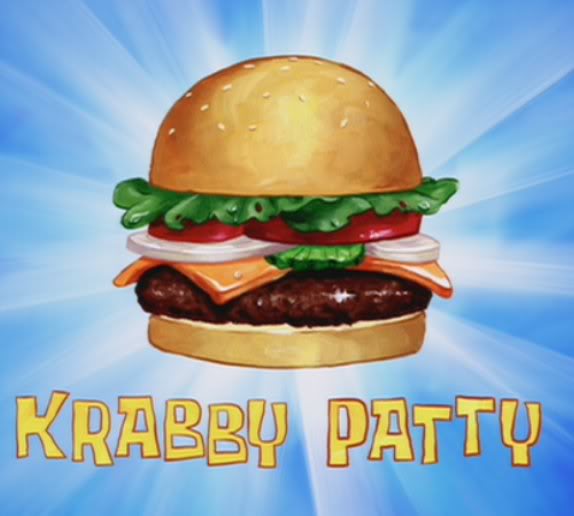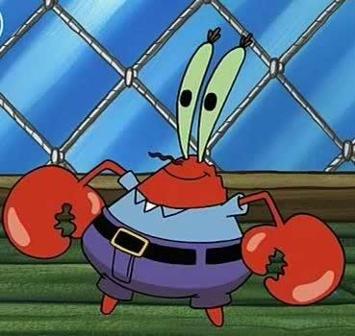In Aug. 2011, crab meat was linked to an E. coli O157 outbreak in Plymouth, England. Researchers have now published a journal article about that investigation in Epidemiology and Infection.
“Nine cases, eight laboratory-confirmed with E. coli O157 phage type 21/28 verocytotoxin 2 and one epidemiologically linked, had onsets from 30 July 2011 to 15 August 2011. We  compared cases (n = 8) with controls (n = 28) of similar age and sex (median age 61 vs. 55 years, females 75% vs. 61%). Cases were 58 times more likely to have eaten crab (88% vs. 11%; odds ratio 58, 95% confidence interval 4-2700). Eight cases consumed crab sourced from the same supplier who was not registered with the local authority. This outbreak pointed to crab as a possible vehicle of E. coli O157 infection. We ensured the withdrawal of crab meat sourced from unregistered suppliers from food venues by 25 August 2011. We also emphasized the importance of only using registered suppliers to the food venues. Since then no further associated cases have been reported.”
compared cases (n = 8) with controls (n = 28) of similar age and sex (median age 61 vs. 55 years, females 75% vs. 61%). Cases were 58 times more likely to have eaten crab (88% vs. 11%; odds ratio 58, 95% confidence interval 4-2700). Eight cases consumed crab sourced from the same supplier who was not registered with the local authority. This outbreak pointed to crab as a possible vehicle of E. coli O157 infection. We ensured the withdrawal of crab meat sourced from unregistered suppliers from food venues by 25 August 2011. We also emphasized the importance of only using registered suppliers to the food venues. Since then no further associated cases have been reported.”
The authors explain that, “supplier X fished for crabs in the sea locally using his own boat. We identified a number of domestic addresses as sites where the crabs were processed. Crab processing usually includes boiling or pasteurization, followed by hand-picking of the boiled meat and packing it for distribution. The process should be a subject of standard food safety control measures, regulated by hazard analysis and critical control point (HACCP) principles. These domestic addresses were not registered or approved for food production and processing, and were not regulated. We were not allowed to access them for inspection.
“The distribution of the processed crab meat to food outlets was based on local acquaintances, agreed by word of mouth. The area of distribution of the supplied crab was limited to Plymouth and the last distribution occurred on 15 August 2011.
“Crabs could have been infected at the outset in their sea habitat as the coastal water can be polluted by feces from domesticated animals, by influx of water from field streams or sewage overflow. Use of a personal boat with no toilet and hand-hygiene facilities could  have contributed to contamination during transportation. Processing of the crabs, including boiling, hand-picking and handling of the boiled meat, at domestic addresses was not regulated according to HACCP principles, with no records on storage temperatures, boiling lengths and temperatures, personnel hygiene, etc. Supplier X could have been a healthy carrier of E. coli O157. Contamination of fish and shellfish with E. coli due to poor hygiene and sanitary conditions has been documented in the past. However, due to lack of information on handling crabs prior to distribution, and microbiological evidence, we cannot conclude where or how the crab meat became infected with E. coli O157.”
have contributed to contamination during transportation. Processing of the crabs, including boiling, hand-picking and handling of the boiled meat, at domestic addresses was not regulated according to HACCP principles, with no records on storage temperatures, boiling lengths and temperatures, personnel hygiene, etc. Supplier X could have been a healthy carrier of E. coli O157. Contamination of fish and shellfish with E. coli due to poor hygiene and sanitary conditions has been documented in the past. However, due to lack of information on handling crabs prior to distribution, and microbiological evidence, we cannot conclude where or how the crab meat became infected with E. coli O157.”

 outbreak believed to be linked to crab meat.
outbreak believed to be linked to crab meat.
 consumption of crab meat.
consumption of crab meat. pizza from Favourite Pizza as a treat for her son, who had just come out of hospital.
pizza from Favourite Pizza as a treat for her son, who had just come out of hospital.